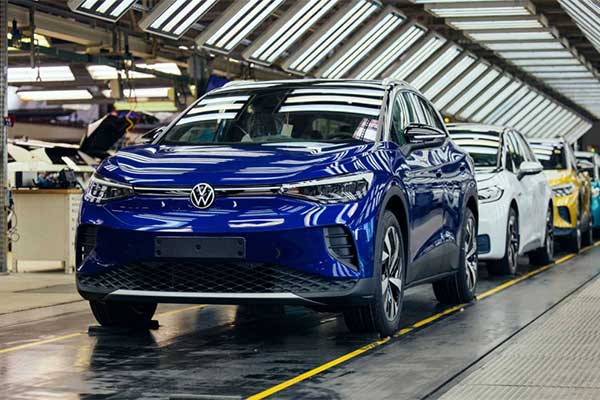News
Volkswagen’s Zwickau Plant In Germany Halts EV Production
-
News6 days ago
FCT Police Arrest Husband And Wife Who Uses ‘Toyota Master Keys’ Purchased From Jumia To Steal Vehicles
-
News1 week ago
11 Arrested In New Jersey As Police Recovers 43 West African-bound Stolen Luxury Cars Worth $4m
-
News1 week ago
Photos : Pope Francis’ Final Popemobile Is A Ram 1500 Pickup Truck Modified To Carry His Coffin
-
News5 days ago
Official State Cars Of Some Of The World’s Most Powerful People – And The Countries Where They Are Made
-
News1 week ago
Singer Portable Buys Ford F-150, Days After Burna Boy Gifted Him N20m For His Victory Over Speed Darlington
-
News4 days ago
Interpol And Nigeria Customs Seizes Six Vehicles – Toyota And Lexus Models – Reported Stolen In Canada
-
News6 days ago
National Security : Nigeria Police Resumes Issuance Of Tinted Glass Permits Nationwide
-
News1 week ago
LASG : ANPR Cameras Captured 470,000 Violations, Blue Line Has Transported 2 Million Passengers, LASTMA Evacuated 6,580 Broken-down Vehicles, News In The Past Week
